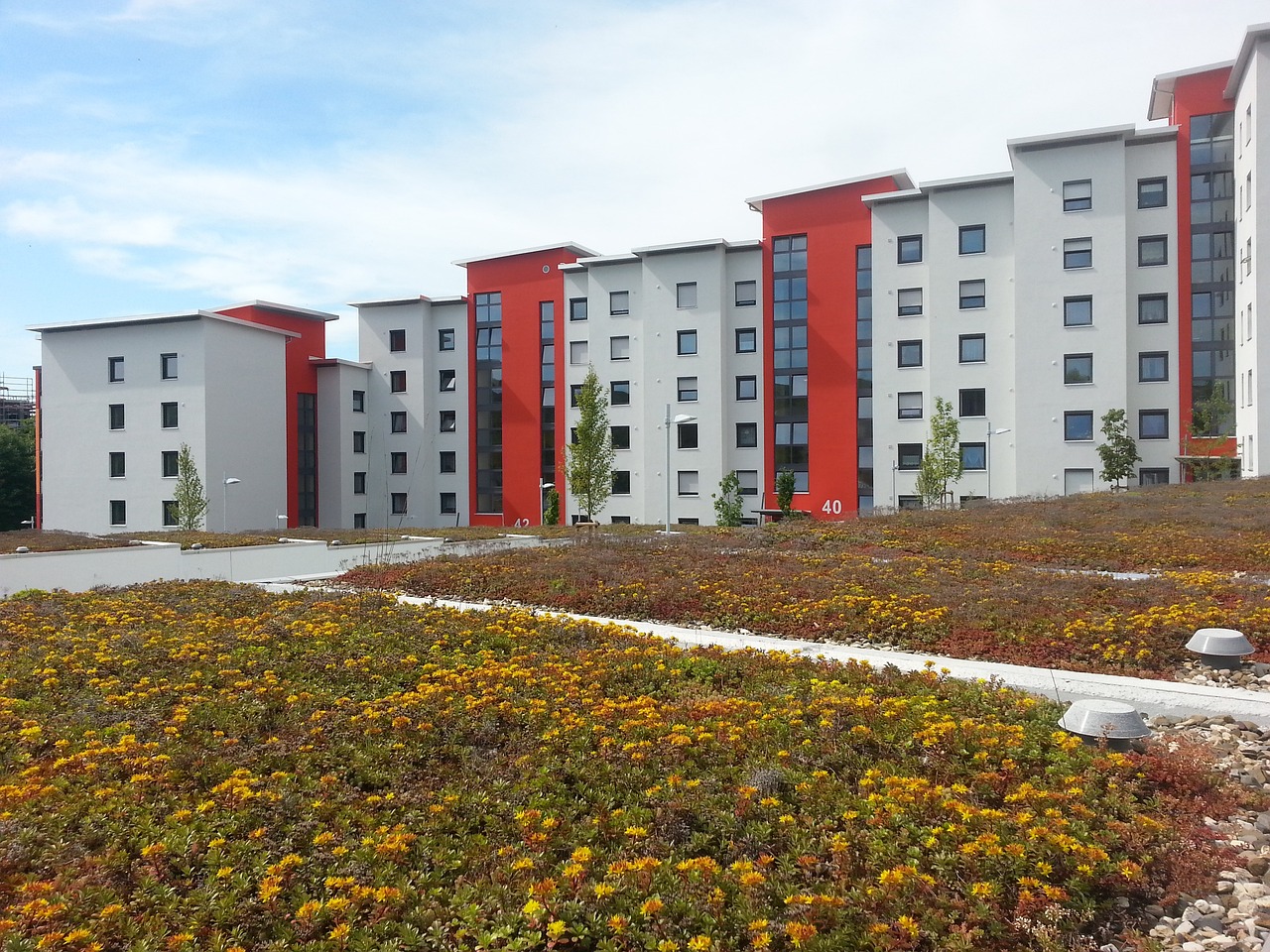
Low Slope Roof or No Slope Roof Materials
No slope or low slope roofs are commonly found in commercial and industrial buildings. Also found on residential buildings with modern or contemporary designs. Some examples of buildings that typically have low slope or no slope roofs are warehouse and storage facilities.
In general, low slope or no slope roofs are used in buildings with larger footprints. They allow for more efficient use of space and can accommodate mechanical equipment. Such as HVAC units and solar panels for larger buildings.
How to Choose the Right Roofing Material for Your No Slope or Low Slope Roof
Choosing the right roofing material for a low slope or no slope roof is important to ensure proper drainage, durability, and longevity of the roof. Here are some factors to consider when selecting a roofing material for a low slope or no slope roof:
- Water resistance: Since low slope roofs have less slope than steep roofs, they are more prone to water pooling. This causes leaks and other issues. Therefore, it’s important to choose a roofing material that is water-resistant and has excellent drainage properties.
- Durability: Low slope roofs are more exposed to weathering and environmental conditions. So the roofing material should be durable enough to withstand these factors. They must resist damage from wind, rain, hail, and sunlight.
- Maintenance: The roofing material should be low maintenance and easy to repair in case of damage.
- Energy efficiency: A roofing material that is energy-efficient can help reduce heating and cooling costs. This is done by reflecting sunlight and preventing heat from entering the building.
- Cost: The cost of the roofing material and installation should be considered while choosing the roofing material.
Some common roofing materials used for low slope or no slope roofs include TPO, PVC, EPDM, modified bitumen, and metal roofing. Each material has its advantages and disadvantages. The choice depends on the specific requirements of the building and the owner’s preferences. It is recommended to consult with a professional roofing contractor to help choose the right roofing material for your specific needs. At Skyline Roofing, we highly recommend TPO roofing for our customers with low slope or flat roofs.
What is TPO Roofing?
TPO, or Thermoplastic Olefin, is a type of roofing material commonly used on low-slope or flat roofs. It is made from a blend of rubber and plastic and is known for its durability, energy efficiency, and ease of installation.
TPO roofing membranes are available in various thicknesses and colors. They can be installed using different methods, including fully adhered, mechanically attached, or ballasted. The installation method depends on the roof’s design, size, and other factors.
TPO roofing systems are becoming increasingly popular due to their durability, resistance to weathering, and energy efficiency. They are also environmentally friendly and recyclable at the end of their lifespan. Overall, TPO is an excellent choice for low-slope roofing applications.
What is the difference between a PVC roof and a TPO roof?
PVC and TPO are both single-ply roofing membranes commonly used for low slope or flat roofs in commercial and industrial buildings. While both materials share some similarities, they also have some key differences.
- Material composition: PVC (polyvinyl chloride) roofing is made of a plastic polymer, while TPO (thermoplastic olefin) roofing is made of a blend of rubber and plastic.
- Flexibility and resistance: PVC roofing is generally more flexible and less prone to punctures, while TPO roofing is typically more resistant to UV radiation and has better overall weathering characteristics.
- Heat-welded seams: Both PVC and TPO roofing are heat-welded at the seams, which creates a monolithic roofing system that is resistant to leaks.
- Energy efficiency: Both PVC and TPO roofing are highly reflective and can help reduce cooling costs by reflecting sunlight and preventing heat absorption. However, TPO roofing is generally considered to be slightly more energy-efficient than PVC roofing due to its greater reflectivity.
- Cost: PVC roofing is generally more expensive than TPO roofing, although the exact cost depends on several factors such as the size of the roof and the installation method.
- Color options: TPO roofing is available in a wider range of colors than PVC roofing.
We are here to answer your questions!
If you have any questions about installing a low slope or no slope roof, our roofing experts are ready to help! We will assess your needs and discuss your roof options so you can get the most beautiful and functional roof for your home or building. We have put together some tips for what to look for in a roof installation bid. Hope you find them useful.
Trust Skyline Roofing & Construction for your roofing needs
At Skyline Roofing & Construction our roofing professionals always strive to add value to your home or business for the long term. Contact us today if you are looking for an experienced, licensed roofing contractor to install, repair, or replace your roof. Skyline Roofing is located in Bellingham, WA and we presently serve Whatcom, Skagit, and Island Counties.
License #SKYLIRC854Q
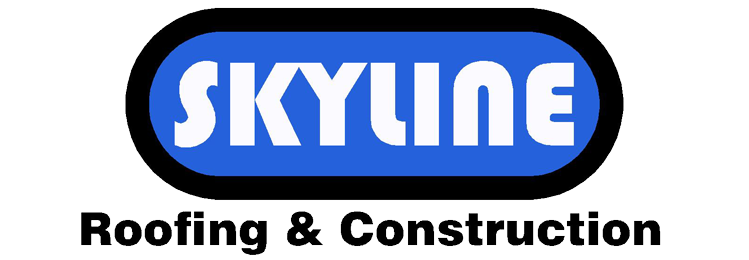
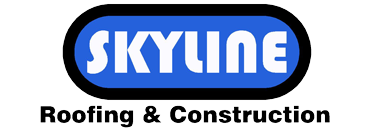




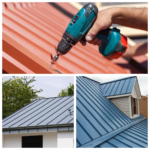
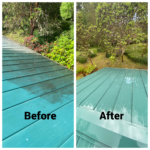
No Comments
Sorry, the comment form is closed at this time.